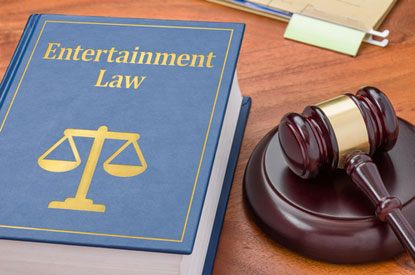In a formal opinion issued in response to a request from Dennis Wells, the Arizona Ombudsman, Arizona Attorney General Tom Horne has held that the public cannot be charged for access to public records.
In Arizona, this is the second major victory in four years over public records access by citizens. Earlier, in 2009, the Arizona Supreme Court had held in a case over metadata that the public is entitled to receive public records in electronic format, when the data is stored electronically.
Horne’s opinion, however, goes deeper into the practices of public departments and officials who charge a fee for providing copies of documents to the public, or charge for the copy because they have to redact portions of the document before providing the copy.
Horne said people are free to use their own equipment to make copies of public records subject to constraints. Constraints indicated include the use of personal equipment that may damage or alter a public record, or activity that could “disrupt public business.” Considering that scanners and copying equipment, including handheld scanners have become widely available, and that smartphones can be used to take copies of documents – Horne’s opinion may widen the access of the public to public records in Arizona.
However, the opinion of the Attorney General is not binding like a court decision, and it lays down the general guidelines that public officials should follow in their dealings, if they choose to use the opinion when faced with relevant issues.
Horne made it clear that not only public records must be subject to inspection without any charges, but also that his opinion is valid under circumstances where the public office has to make a copy to redact information. He opined that the costs of making a copy for the purpose of redaction cannot be passed on to a person who simply wants to view a document which is a part of public records.







































